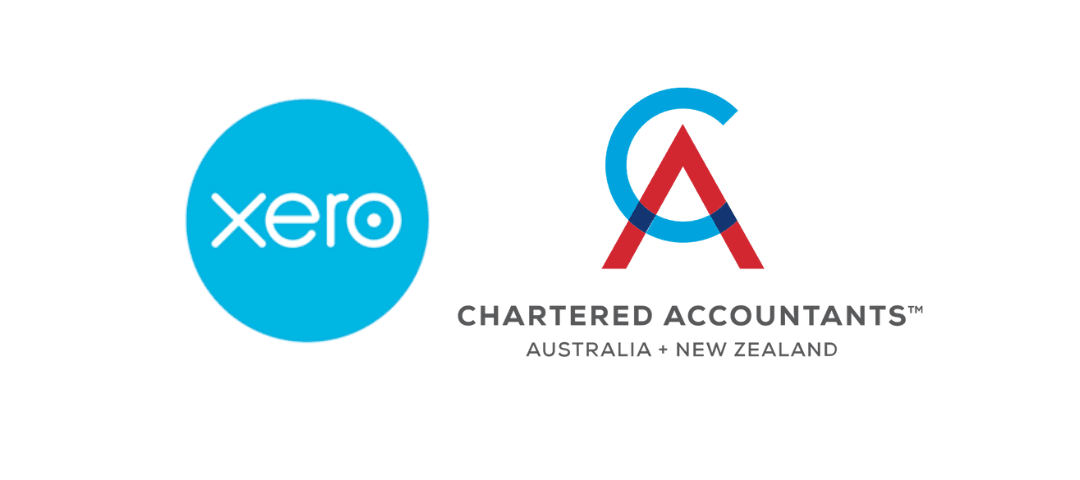With increased investment activity in bitcoin (btc) and cryptocurrency, it’s important to consider any tax consequences that may arise. Outlined below are the tax consequences for probably the most common situation we see; btc purchased for long term growth.
If you acquire btc for the purpose of disposal, IRD default position is that any gain or loss will be taxable income. This is their default starting position because btc is normally acquire for the dominant purpose of disposal.
Unlike alternative investments (such as shares or bonds, or other personal property), btc is a non-income producing asset and does not provide any benefit when being held. Therefore, the nature of btc strongly indicates that it was acquired for the dominant purpose of ultimately disposing of it; otherwise why would you buy it?
There may be some circumstances where IRD may accept that btc has was acquired for purposes other than eventual disposal. For example, btc is acquired for the dominant purpose of building up a diversified portfolio of property that the person will not necessarily realise, or as a long-term investment that the personal will not necessarily realise.
In the situation where btc is not acquired for the purpose of ultimate disposal it would need to be supported by clear and completing evidence.
In other situations of acquiring non-income producing assets (such as gold), IRD have stated that merely describing the property or the reason it was acquired will not answer the question of whether the was a dominant purpose of disposal. For example, describing btc as being acquired for a long-term investment, a hedge against inflation, for portfolio diversification, or as a store of value outside the monetary system is not sufficient to negate a dominant purpose of disposal. The person’s underlying motive should not be confused with their purpose.
When btc is acquired for the purpose of disposal is sold, a deduction for the cost of the btc is allowed, subject to normal rules. Just as any increase in value will mean that any profits will be taxed, if btc has decreased in value and is sold for less than its cost, this will result in a deductible loss. Other expenditure, such as interest on money borrowed to purchase the btc, may also be deductible.
For example, John borrows $20,000 at 5% pa to buy btc. John sells the btc 1 year later for $50,000.
| Sale Price | $50,000 | |
| Less: | Cost Price | $20,000 |
| Interest Paid | $1,000 | |
| Equals: | Taxable Income | $29,000 |
There are also GST implications and slight variations of the above for those mining btc. Also be aware of exchanging goods and services for btc (a barter transaction at present). If these situations apply, feel free to give Tim a call or email: 02041224440 or tim@agbizaccountants.co.nz
Watch this space as we see the IRD release more information in early 2018. There is also some talk that IRD may follow Australia’s lead that btc be classified as ‘money’ which would change the current GST treatment.
This material has been prepared for informational purposes only, and should not be relied on for tax, legal or accounting advice. You should consult your own tax, legal and accounting advisors before engaging in any transaction.





